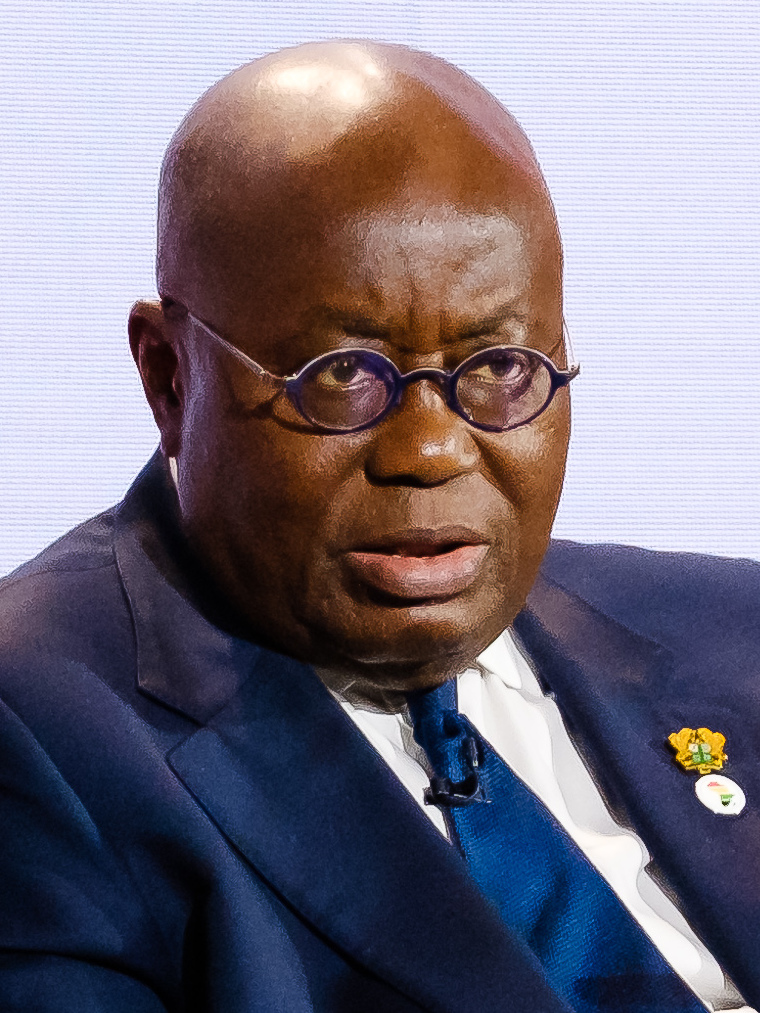President Nana Addo Dankwa Akufo-Addo has reiterated the importance of equitable access to education, emphasizing that every child, regardless of their background, must be empowered with the tools, skills, and opportunities to achieve their potential. His comments came during an interaction with professional groups from the Ashanti Region as part of his three-day working tour of the area.
The President addressed representatives from 30 professional associations, including the Ghana Journalists Association, Ghana Medical Association, Ghana Bar Association, and Ghana National Teachers Association, among others. The engagement highlighted the government’s achievements in the education sector and its transformative impact on the region’s human resource development.
Education Infrastructure Development
President Akufo-Addo spotlighted the completion of 524 basic education infrastructure projects in the Ashanti Region, tackling overcrowding, enhancing early childhood education facilities, and ensuring access to quality education in rural and urban areas.
At the Senior High School (SHS) level, the government has completed:
118 classroom blocks, including a 3-storey, 12-unit block at Konongo Odumase SHS.
102 dormitory blocks, such as the 2-storey, 8-unit residential facility at Asare Bediako SHS.
Advancing STEM Education
The President underscored the establishment of STEM schools in Dabaa and Kwadaso, which boast cutting-edge laboratories and digital learning environments. These schools are designed to prepare students for careers in Science, Technology, Engineering, and Mathematics, fostering a skilled workforce aligned with Ghana’s industrialization goals.
Specialized Training Centres of Excellence
In addition to STEM initiatives, the government has set up five Centres of Excellence to provide technical and vocational training tailored to industry demands. Notable examples include:
A renewable energy installation centre at Pakyi No. 2.
Food processing and autotronics training hubs at Akumadan.
Electrical installations and garment tailoring centres at Manso.
Bridging Academia and Industry
President Akufo-Addo highlighted the broader implications of these initiatives, noting that they aim to bridge the gap between academia and industry, promote innovation, and nurture entrepreneurial mindsets.
“Through these efforts, we are equipping students with industry-relevant skills that align with Ghana’s development priorities, fostering innovation, and creating pathways for sustainable economic growth,” he said.
Additional Insights and Regional Impact
President Akufo-Addo emphasized that education reforms have already yielded significant results in reducing disparities between urban and rural areas. Beyond infrastructure, initiatives such as teacher training programs, digital resource integration, and expanded scholarship schemes were mentioned as critical components of the government’s strategy.
Local communities in the Ashanti Region have also begun to experience economic benefits from these developments, including job creation during construction phases and the establishment of industries linked to STEM and vocational training graduates.
The President’s three-day tour is aimed at assessing ongoing projects, engaging with stakeholders, and reinforcing the government’s commitment to inclusive education as a cornerstone of Ghana’s development agenda. As Ghana moves forward, the Ashanti Region is poised to play a pivotal role in shaping a skilled, innovative, and resilient workforce for the nation.











